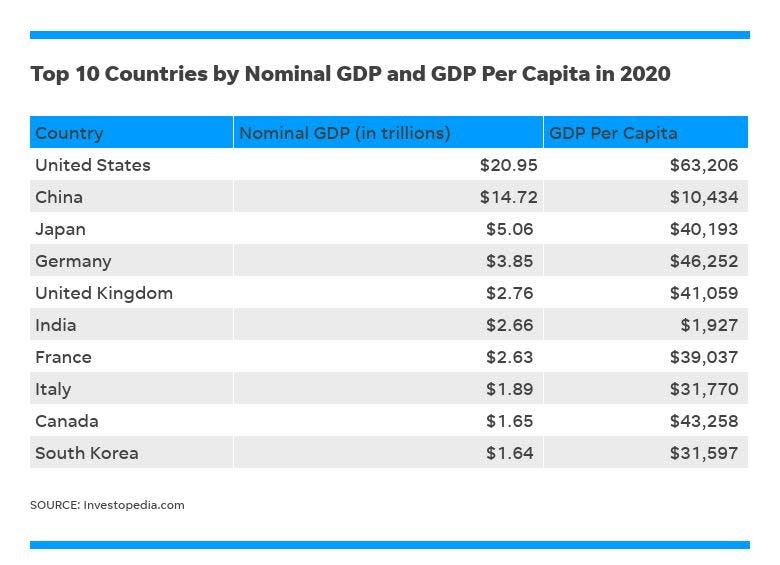Kojo Quartey: Size of world economies depends on measurement

Have you ever wondered how many countries there are in the world, the total world population, the value of production of these nations, the largest economy in the world? Well, I have too. I recall back in the 1980s when as Japanese productivity and efficiency surged, especially in the automobile industry, there was a lot of talk about the Japanese economy overtaking the U.S. economy; it did not happen. Then more recently, there’s been much talk of the Chinese economy overtaking the U.S. economy. Folks, it’s not going to happen, at least not any time soon.
According to Worldometers, there are 195 countries in the world today, 193 are members of the United Nations and two are known as non-member observer states: The Holy See (Vatican City) and the State of Palestine. Not on the list of the 195 nations are Taiwan and several dependencies or other territories which may be in dispute, such as the Western Sahara. The list includes some countries and territories with which I am unfamiliar.
Worldometers (www.worldometers.info/world-population/) runs a population clock: The current world population has exceeded 8 billion people in 2022 and continues to grow by the second. This odometer shows births, deaths, and population growth each day and for the year, thus far. It also provides data on the 20 largest countries by population – the top five are China, India, the U.S.A., Indonesia, and Pakistan, in that order.
Now, let’s talk about the world economies and their sizes. What is the total size of the world economy? The gross world product (GWP) is the combined gross domestic product of all the countries in the world. The world economy, comprising 194 economies, in 2021 was projected around $93.86 trillion in nominal terms (not adjusted for inflation), according to the International Monetary Fund (IMF).
Gross domestic product (GDP) is the total value of all finished goods and services produced in a country, annually. GDP is significant in determining the economic health, growth and productivity in the country. GDP essentially tells us how strong a country’s economy is – it tells us the size of the country’s economy. A more telling statistic is GDP per capita, which is total GDP divided by the nation’s population. GDP per capita measures how much a country’s economy produces per person, rather than in total. This can also act as a very rough measure of income or standard of living for individuals in a country. GDP per capita is a more important statistic in terms of a nation’s well-being because it is some indication of that nation’s true productivity.
A much more appropriate statistic indicating the well-being of a nation is the Human Development Index (HDI) which takes into consideration GDP, education, and health conditions in a nation. I will delve into that next time. My focus here is solely on GDP and GDP per capita.
A June 2022 article by Caleb Silver ranks the top 25 economies in the world, based on nominal GDP.

The United States has the world’s largest economy based on nominal GDP ($20.95 trillion) and GDP per capita ($63,206). China is second in terms of nominal GDP ($14.72 trillion), however, because of their large population, they are very far behind when per capita GDP ($10,434) is used. These numbers show that per capita GDP is a closer measure to the richness of a nation, as every nation on this list, with the exception of India ($1,927), ranks above China. The challenges with China and India are their huge populations and large lower class. GDP per capita shows that nations such as Japan ($40,193), Canada ($43,258), Germany ($46,252) and the U.K. ($41,059) are “richer” than China.
As the world turns and churns, COVID has negatively impacted growth. Population continues to rise, and the rest of the world will only continue to chase the United States. We just need to keep our act together, because if we sneeze, the rest of the world will catch a cold.
Kojo Quartey, Ph.D., is the president of Monroe County Community College and an economist.
This article originally appeared on The Monroe News: Kojo Quartey: Size of world economies depends on measurement

